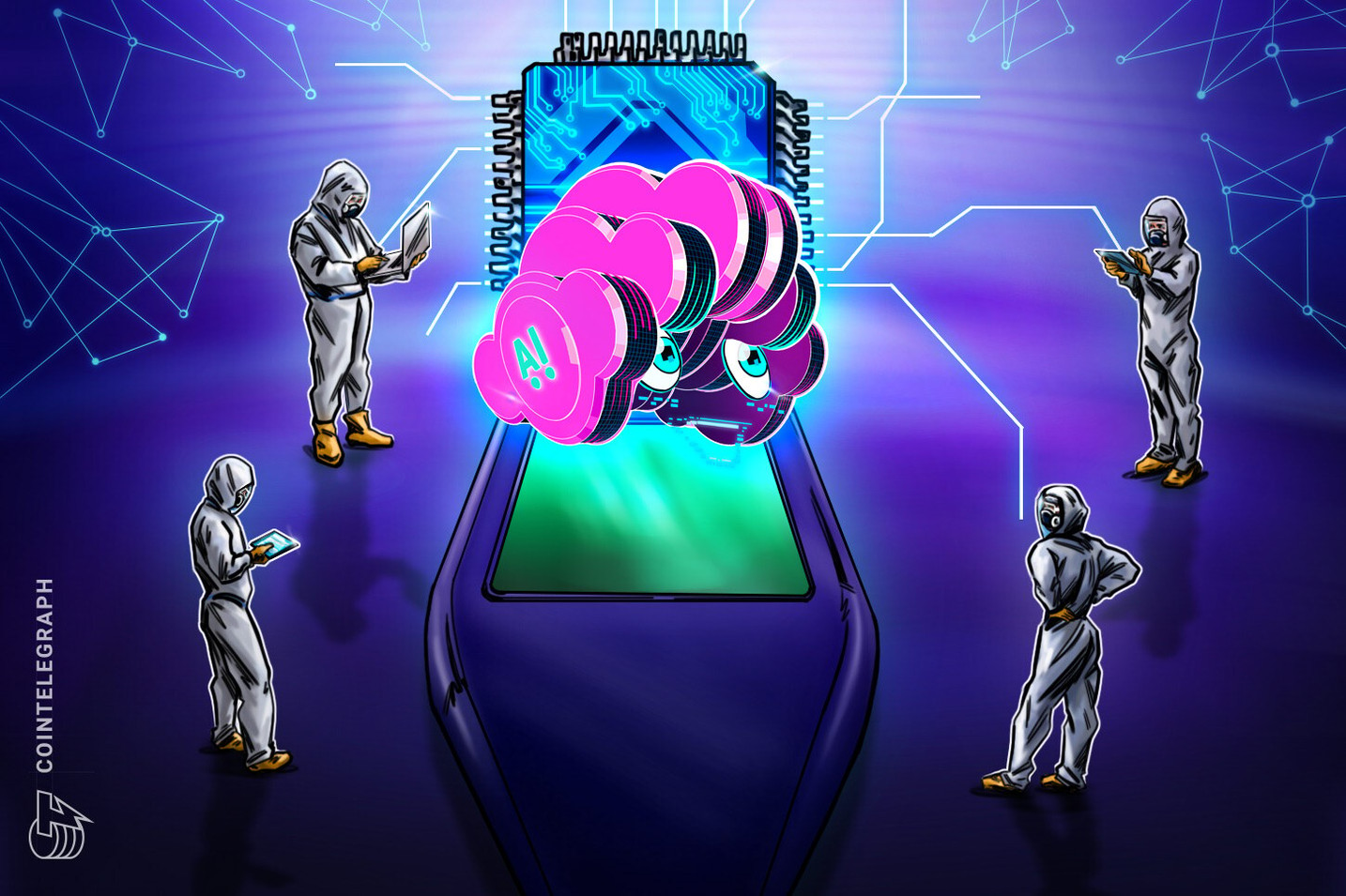OpenAI is reportedly in talks with Broadcom and other chip makers in what appears to be an urgent effort to expand the company’s artificial intelligence operations.
AI models such as OpenAI’s ChatGPT and Meta’s Llama are typically trained using massive clusters of graphical processing units (GPUs) or similar computer chips. The most popular hardware, the H100, belongs to Nvidia.
The H100 can cost anywhere from $15,000 to $30,000 depending on the number purchased and current market conditions. It can take tens of thousands of these AI chips to train up a single model with more necessary for larger, more robust systems.
Despite OpenAI’s position as market leader in the generative AI space, a significant amount of the hardware used to train OpenAI’s models belongs to its partner Microsoft.
Broadcom
According to a report from The Information, OpenAI is in talks with Broadcom and other chip makers to develop its own chip.
In a statement to The Information, OpenAI neither confirmed nor denied the report, but did say it was investigating increasing access to infrastructure:
“OpenAI is having ongoing conversations with industry and government stakeholders about increasing access to the infrastructure needed to ensure AI’s benefits are widely accessible. This includes working in partnership with the premier chip designers, fabricators and the brick-and-mortar developers of data centres.”
The report also claims that the amount of investment required for OpenAI’s plans, as far as a new chip is concerned, would likely be in the range of billions or more.
Altman’s chip quest
Back in February, 2024, the Wall Street Journal reported that Altman was actively seeking investors in hopes of raising a $5–$7 trillion-dollar war chest to develop more chips.
As Cointelegraph reported at the time, Altman met with government officials, private investors, and corporate leaders to discuss the initiative. He also reportedly met with investors from the United Arab Emirates and the country’s National Security Advisor, Sheikh Tahnoun bin Zayed al Nahyan.
Musk and Zuckerberg
Part of what may be spurring Altman and company forward in their scramble to get more chips is the increasing prominence of direct competitors xAI, helmed by Elon Musk, and Mark Zuckerberg’s Meta.
Both Musk and Zuckerberg have pledged to purchase as many Nvidia GPUs as possible, potentially contributing to the shortage and rising prices.
Meta, in January, signalled its intent to bring its GPU count up to 350,000 by the end of 2024. And Musk’s gone so far as to poach chips from his own company, sending 12,000 GPUs bound for Tesla to xAI instead. Musk claimed the GPUs weren’t needed by the automaker at the time, but shareholders subsequently sued.
